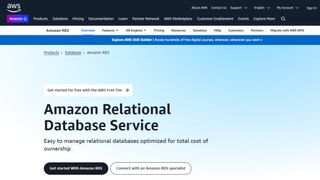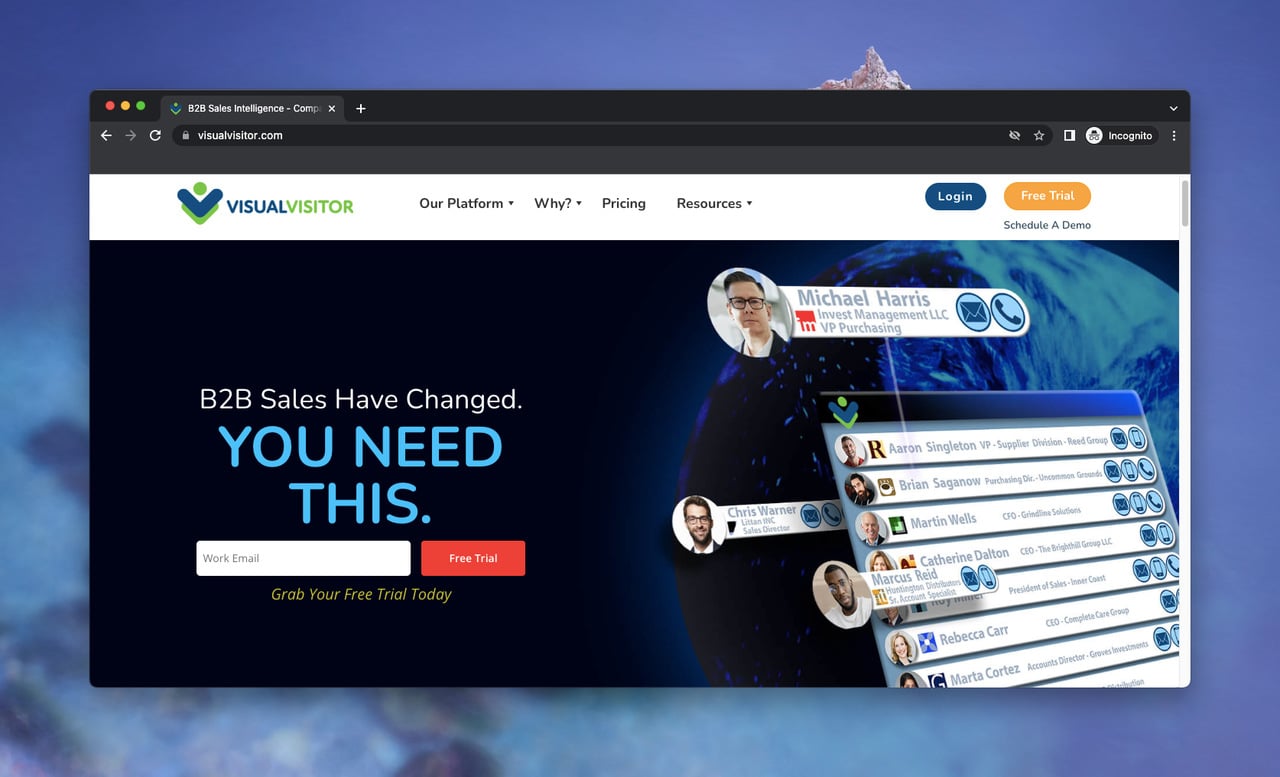Key Functions to Look for When Picking a Database Service Provider
Selecting a database company is an essential choice that can significantly impact your organization's operations and data monitoring approach. Amongst the essential features to consider are scalability options, which make sure that your system can adjust to expanding needs.
Scalability Options
When picking a data source provider, understanding scalability options is essential to guaranteeing that the selected option can fit future growth. Scalability refers to the ability of a database system to increase its ability and efficiency in response to enhanced demand. There are 2 key kinds of scalability: upright and horizontal.
Upright scalability, or "scaling up," includes enhancing a solitary web server's resources, such as CPU, RAM, or storage space. This strategy can be uncomplicated and economical for smaller sized applications yet may reach a restriction where additionally upgrades are unwise or too pricey.
Horizontal scalability, or "scaling out," involves including much more web servers to disperse the load. This strategy enables for greater versatility and can fit substantial boosts in data volume and individual traffic (database provider). It is specifically advantageous for cloud-based data source options that can dynamically designate resources based upon demand

Protection Actions

When evaluating security measures, take into consideration the execution of security procedures (database provider). Data-at-rest and data-in-transit file encryption are crucial to ensure that delicate info stays protected, also in case of a safety breach. Additionally, look for carriers that provide strong verification systems, such as multi-factor authentication (MFA), to better boost gain access to control
Regular protection audits and conformity with industry criteria, such as GDPR or HIPAA, are a sign of a supplier's dedication to information protection. In addition, ask about their case action plan; a durable plan can lessen the influence of any type of possible safety incident.
Efficiency Metrics
Assessing efficiency metrics is important for companies to guarantee that their picked database copyright satisfies functional demands. Trick performance metrics include feedback throughput, time, and scalability, which jointly determine the effectiveness of data source operations under differing lots.
Reaction time is important, as it reflects exactly how swiftly the data source can process inquiries and return outcomes. Organizations should search for metrics that suggest ordinary response times during top and off-peak hours. Throughput, frequently determined in purchases per 2nd (TPS), gives insight into the data source's capacity to deal with find here high volumes of demands without efficiency destruction.
Scalability assesses the database's capability to grow with the company's demands. A durable data source company need to show straight and upright scaling capabilities, permitting seamless adjustments as demands vary. Furthermore, recognizing latency, specifically in dispersed systems, can aid companies review the responsiveness of the data source throughout various geographical like it places.
Consumer Support
Dependable customer assistance is a keystone of efficient database management, giving companies with the help needed to optimize and fix issues efficiency. When choosing a database provider, reviewing the degree of customer assistance they provide is important. A durable assistance system need to include multiple networks of communication, such as phone, e-mail, and live chat, ensuring that customers can access help whenever they require it.
Furthermore, receptive support groups that are offered 24/7 significantly boost the dependability of the data source service. Motivate reaction times and reliable resolution of problems can significantly minimize downtime and increase general performance. It is also advantageous to consider the availability of specialized assistance employees, that can supply tailored assistance based on a company's particular demands.

Rates Structure
When taking into consideration a database copyright, the prices framework is a crucial factor that can dramatically impact a company's budget and general approach. A flexible and clear pricing design is crucial for lining up the data source costs with organization needs - database useful reference provider. Organizations ought to examine whether the pricing is based on usage, per customer, or a flat rate, as each version can generate different monetary effects over time
It is essential to evaluate any additional expenses related to the provider's services, such as data storage space costs, purchase costs, and support fees. Some carriers might offer tiered rates, permitting scalability as the company expands, while others could impose rigorous limits that might come to be pricey as data needs boost.
In addition, companies need to think about the long-lasting worth of the data source solution. While lower preliminary prices can be appealing, they may not account for future upgrades, maintenance fees, or integration costs. Conducting a complete cost-benefit evaluation will certainly assist determine the most appropriate pricing structure that balances scalability, assistance, and performance, ultimately guaranteeing that the selected data source copyright straightens with the organization's financial and functional objectives.
Verdict
In verdict, choosing a database service provider necessitates mindful factor to consider of various critical attributes. Scalability choices guarantee adaptability to future development, while robust safety and security measures guard sensitive information. Reviewing performance metrics enables the recognition of efficient data sources, and available customer assistance improves the overall individual experience. A transparent rates structure better adds to educated decision-making. By completely assessing these aspects, organizations can make calculated choices that straighten with their long-lasting purposes and operational requirements.
Choosing a data source provider is a vital choice that can significantly affect your company's information and operations management strategy.When picking a data source supplier, recognizing scalability options is important to making certain that the picked solution can accommodate future growth. When choosing a database company, examining the degree of consumer assistance they supply is essential.When considering a database service provider, the prices structure is a critical aspect that can substantially affect a company's budget plan and general approach. Performing a thorough cost-benefit analysis will certainly aid recognize the most ideal prices structure that balances support, scalability, and efficiency, inevitably making sure that the chosen database provider straightens with the company's monetary and operational goals.